They are used widely in mechanical testing, ongoing system monitoring, and as components in devices such as industrial scales. Read More…
Our load cells are manufactured with the highest attention to detail at all stages. Whether it is through the design stage, engineering stage, or through hundreds of tests run daily, we ensure that our products outshine all competitor products.

Founded in 1985, Load Cell Central has firmly established its reputation as a leader in load cell manufacturing, custom weighing system integration, and first-class load cell repairs. Load Cell Central offers a wide variety of popular load cell and component configurations for virtually every new or old weighing system, scale or component replacement possibility. Technical and after-sale support, ...

At TyTek Industries we manufacture load cells to suit all capabilities. Our expertise has provided insight and load cell solutions for a range of customers and industries. Our engineering team’s philosophy ensures we do everything humanly and technologically possible to match your requirements with quality, cost and delivery. We’re here to help you carry the load.

SENTRAN's corporate charter is to manufacture and market premium quality load cells. SENTRAN serves the biomedical, pharmaceutical, food and beverage, material handling, aerospace, automotive, agricultural, fitness and health, petrochemical and off-shore industries. SENTRAN’s experienced and knowledgeable workforce is capable and ready to find the solution that’s right for you. Call now!

Since 1976, Toledo Integrated Systems has developed force measurement, tonnage monitoring and press control systems for some of the finest manufacturers in the world. We have created many of the innovations that have set the standard for force measurement today. Products include: strain gage sensors and load cells, we’ve also expanded to tonnage monitors, load modules, die protection.

More Force Gauge Manufacturers
Load cells are in essence just another term for force gauges, which can be made up of two kinds of sensors, in a variety of industries. Any company that needs to measure heavy loads, such as pallets of goods for shipping in industrial manufacturing, building materials in construction, and mass amounts of ingredients or packaging in food processing companies, requires the use of these load cells.
The two types of sensors utilized most often are strain gages and piezoelectric sensors, the first made up of metal coils and the second made up of crystals. They gather the information of force and translate it into electrical currents or signals that can then be read through analog or digital output.
Specifically, the strain gauges are deformed by the weight of the pressure, be it a separation stress like the tension load cell specializes in measuring, or a pushed together stress like the compression load cell is made to measure.
The crystals of the piezoelectric sensors are electrically neutral, but create a current when stress is applied. By gauging the amount of stress and the type of stress by the strength of the crystal reaction, a load cell or force gauge utilizing piezoelectric crystals can get a very accurate reading.
The main purpose of force gauges is to measure levelness and tension in load cells. The information they monitor is then signaled to a recorder or other computerized data collection system for further analysis.
The two basic components of a load cell are the sensing element and the circuit. The sensing element is often the force gauge and the circuit is the connection of these gauges throughout the load cell. Load cell outputs include analog voltage, analog current, analog frequency, switch or alarm, serial, and parallel.
The most basic designs consist of four gauges, which make up the measuring circuit. The connection between the four gauges is what makes up the circuit, which is also what connects to the analog or digital read out. More complex and detailed cells can have up to thirty gauges as part of the measuring circuit. The more gauges inside the load cell, the more sensitive the cell is in recording and monitoring variance in measurement.






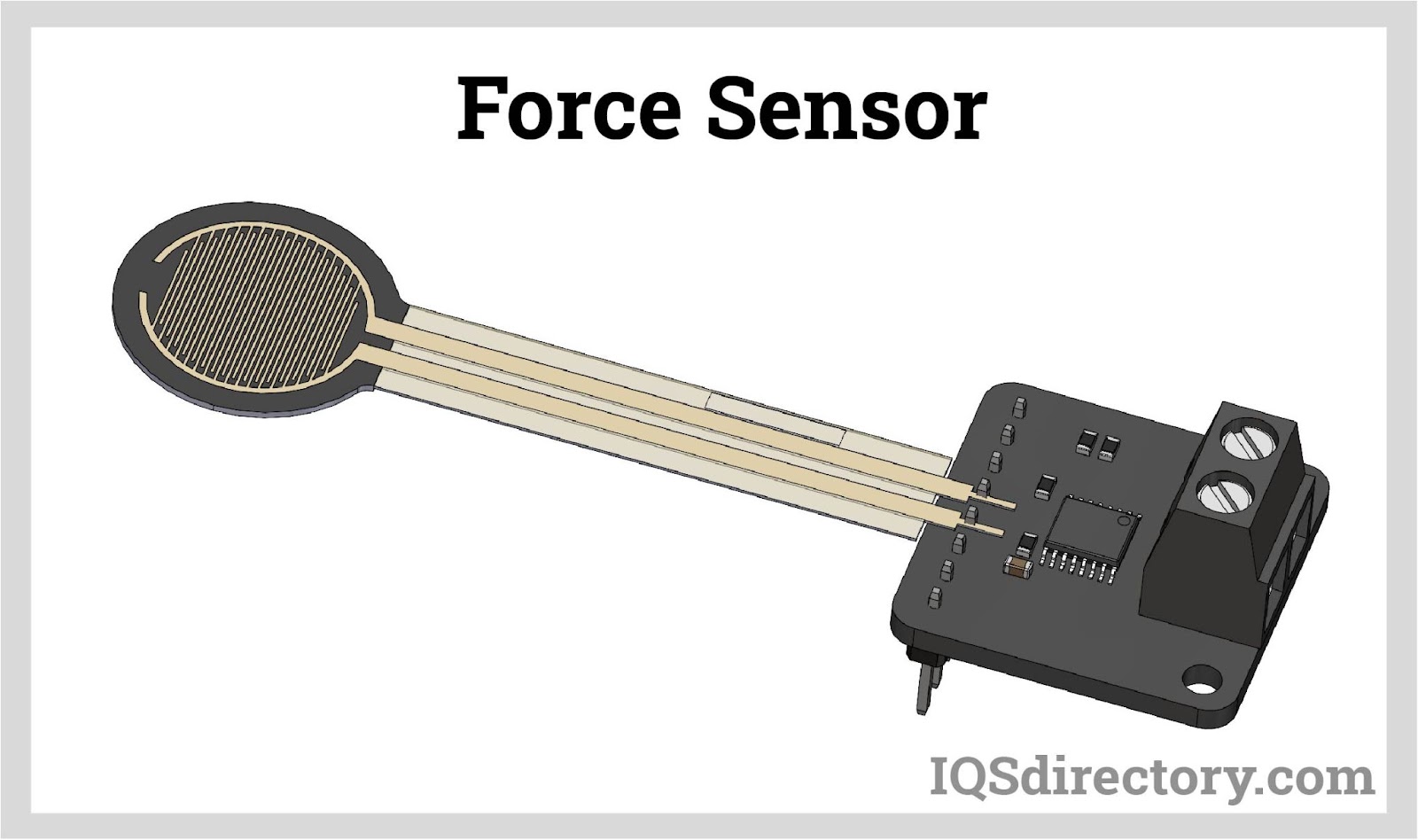
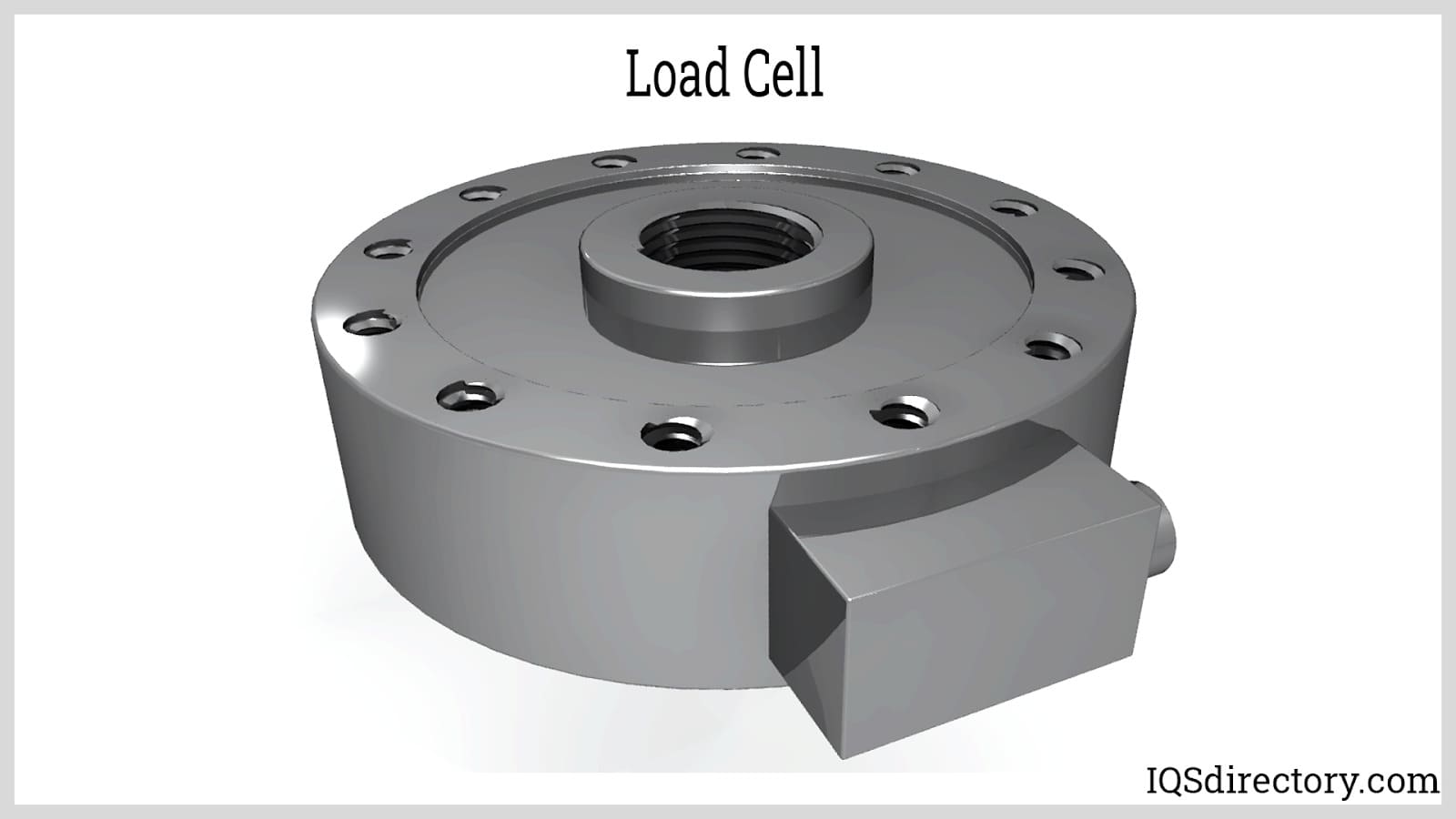
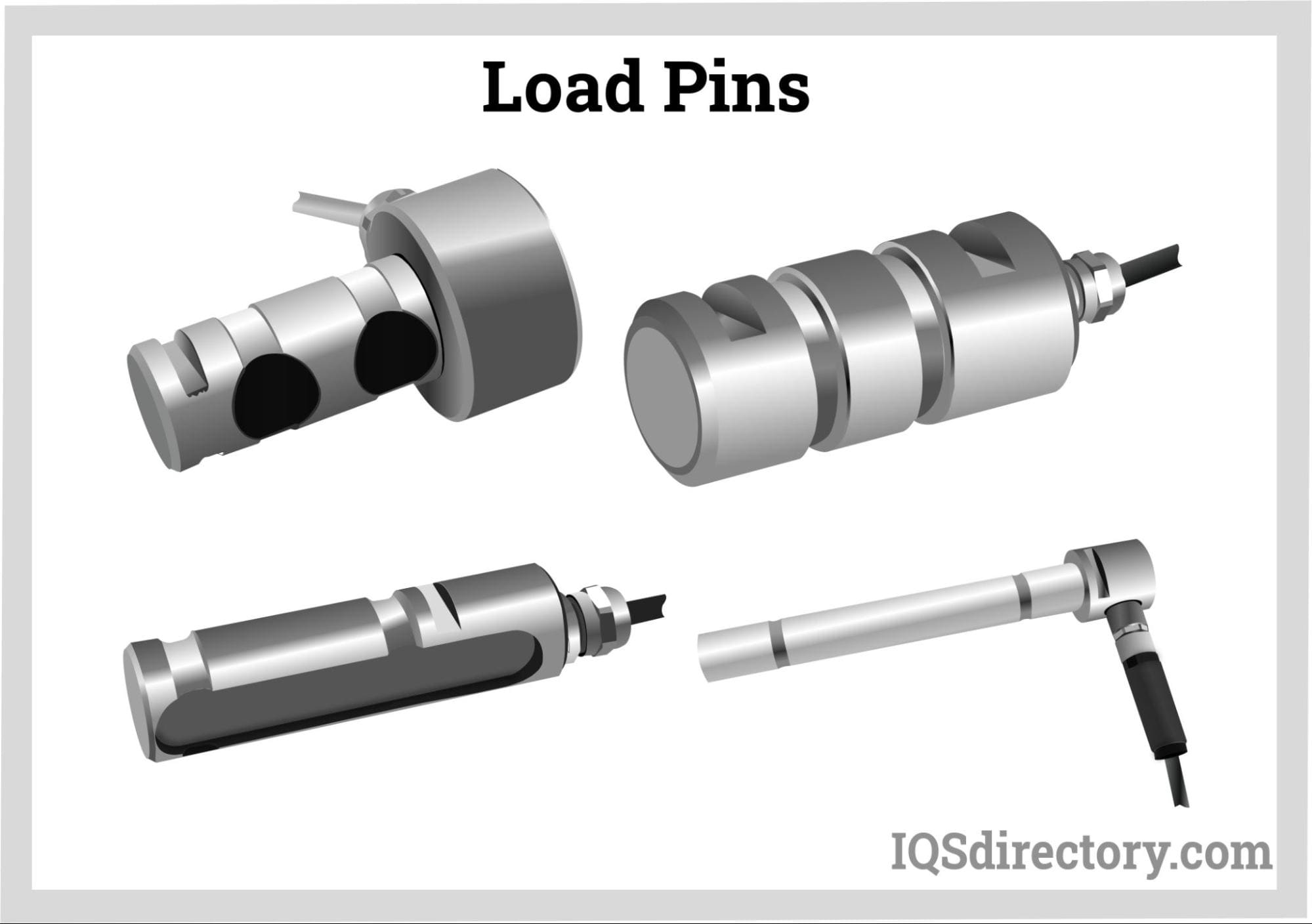
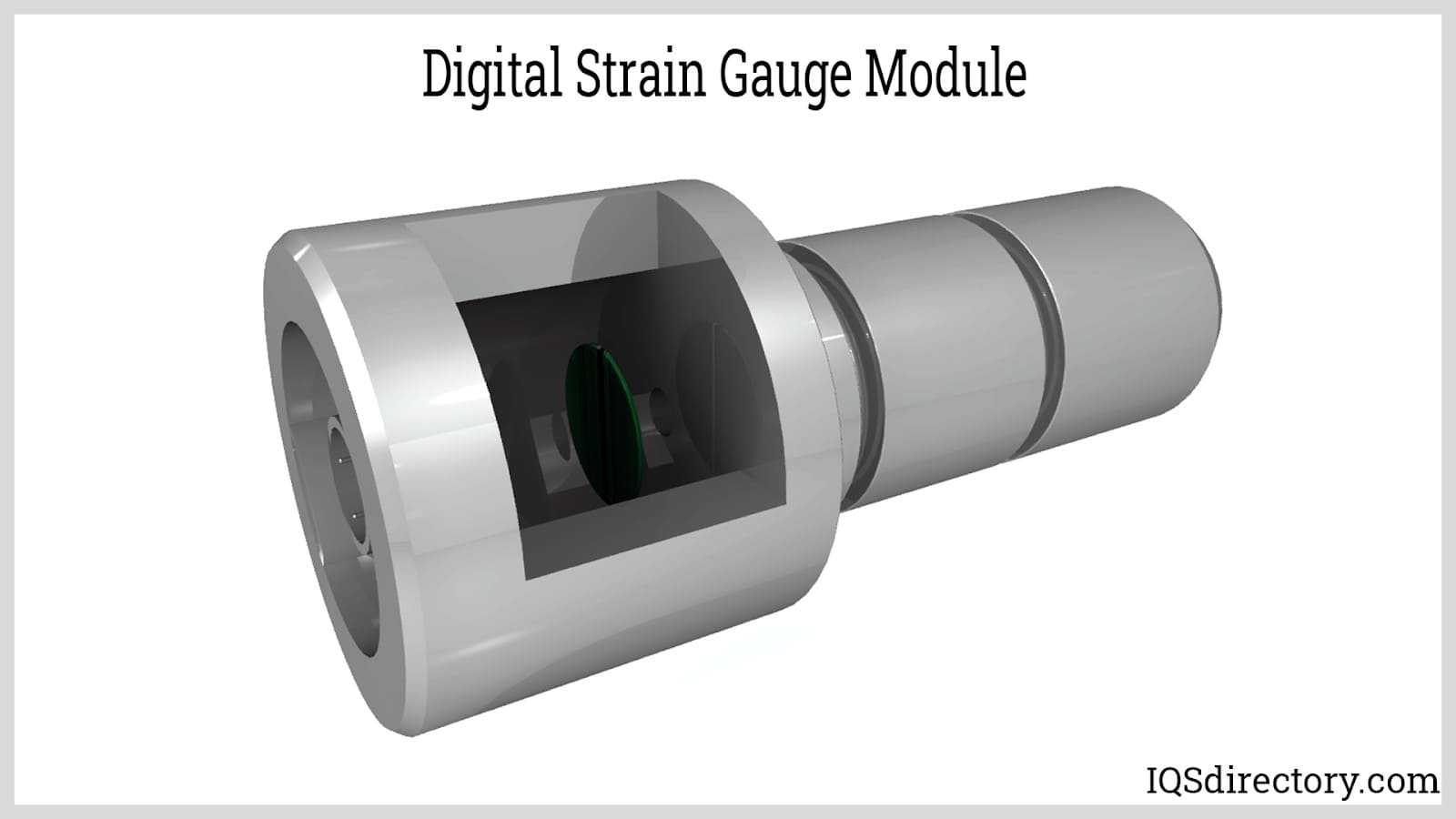
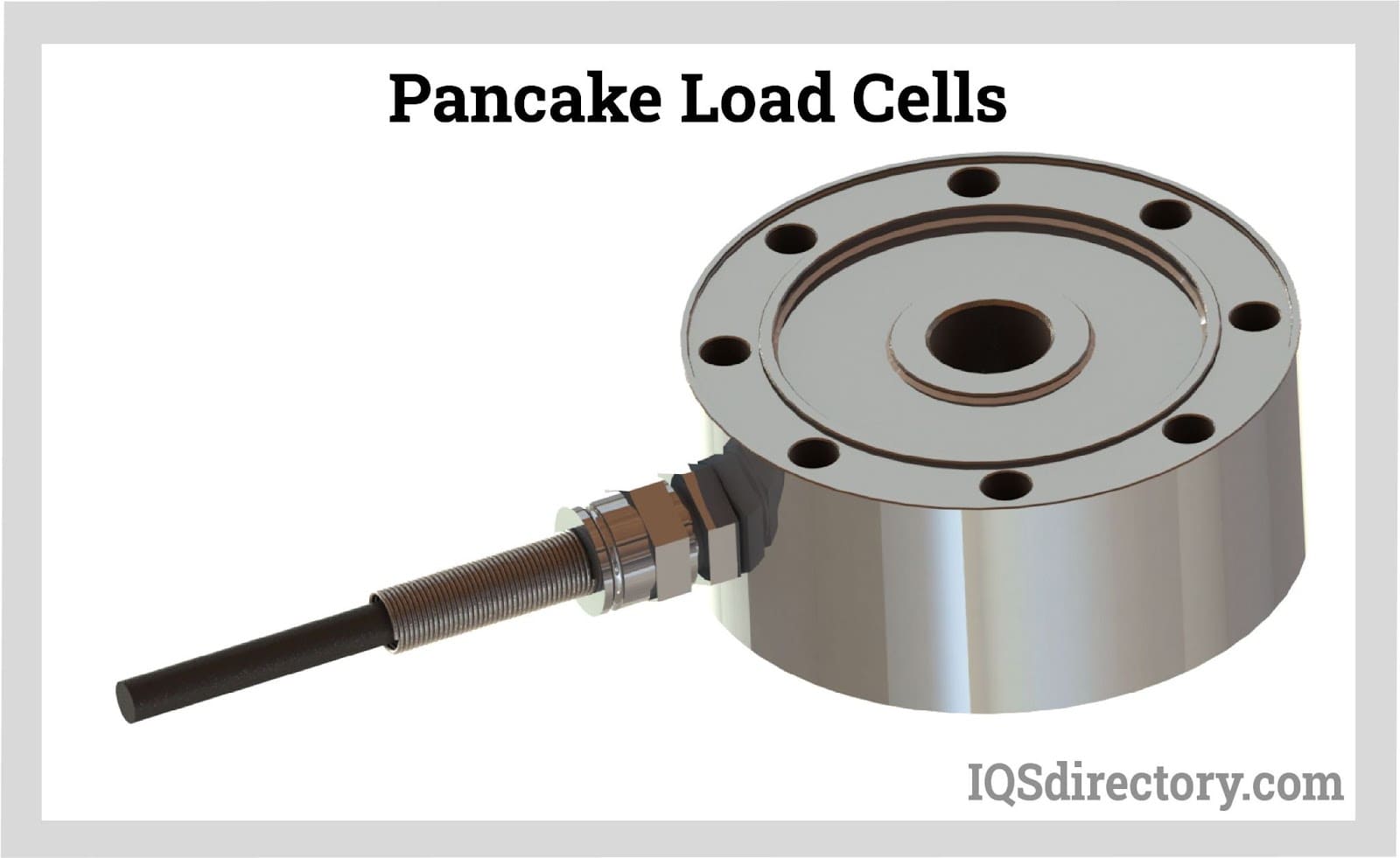
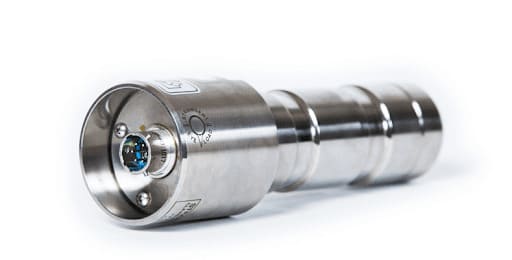
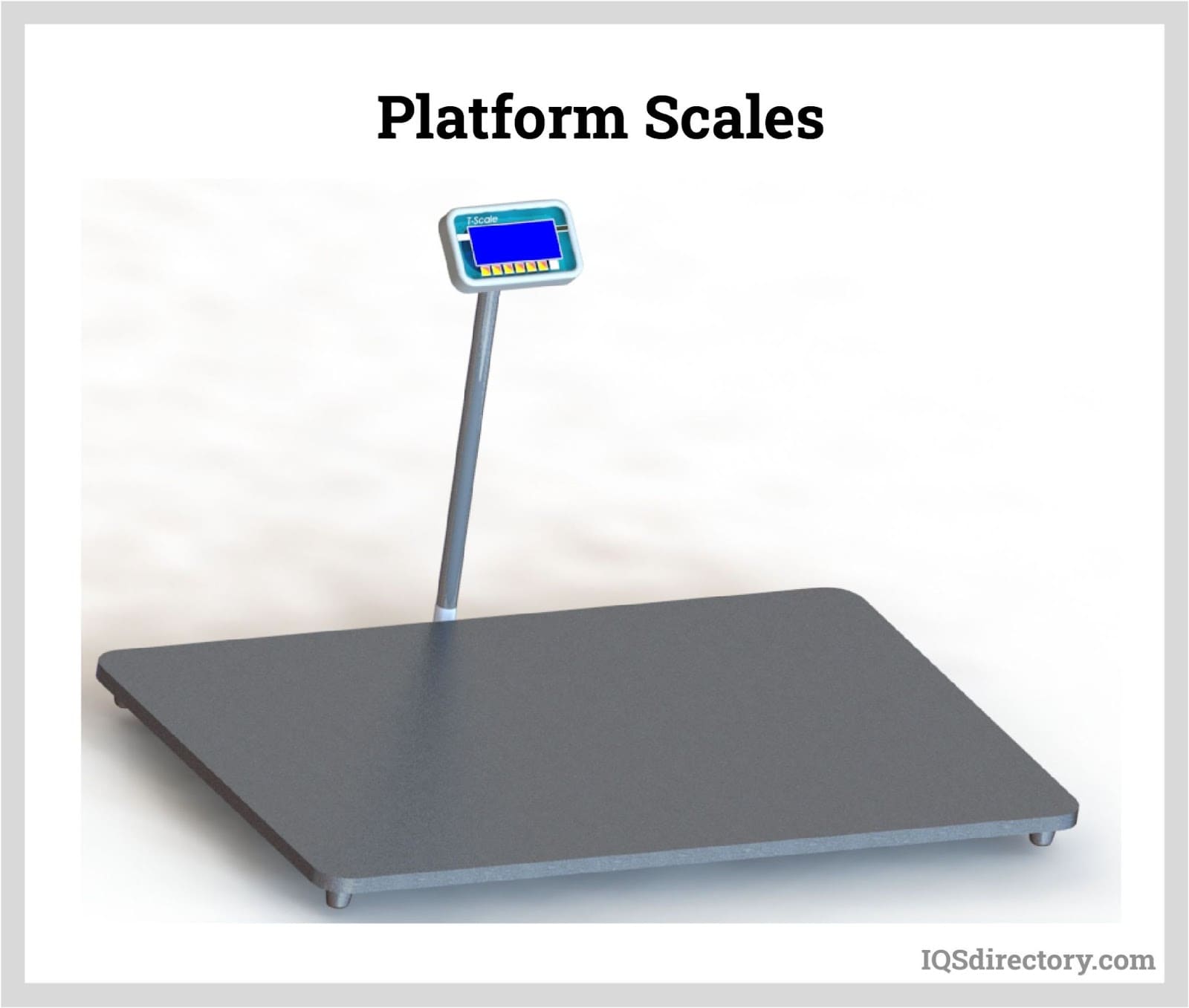
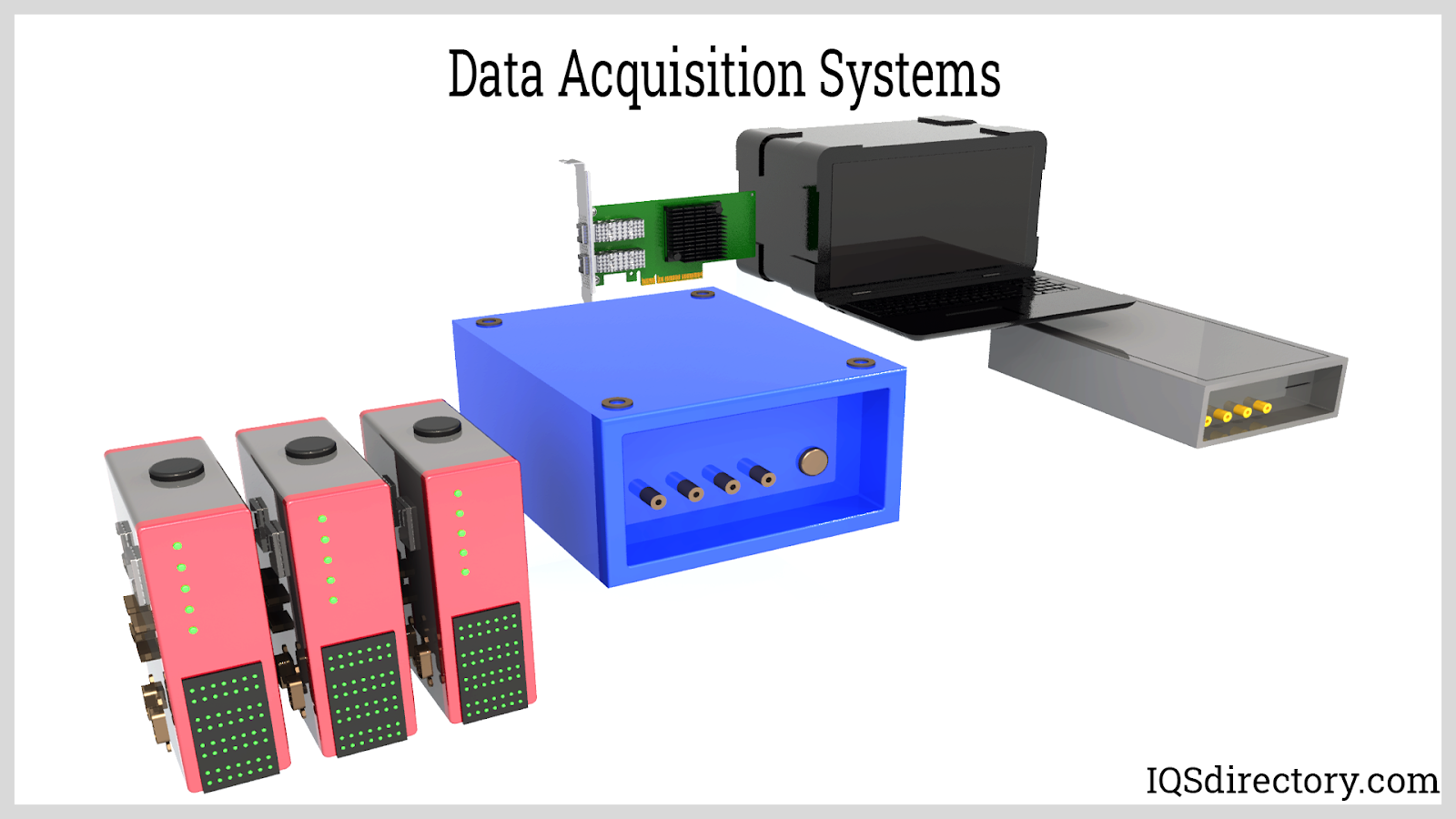
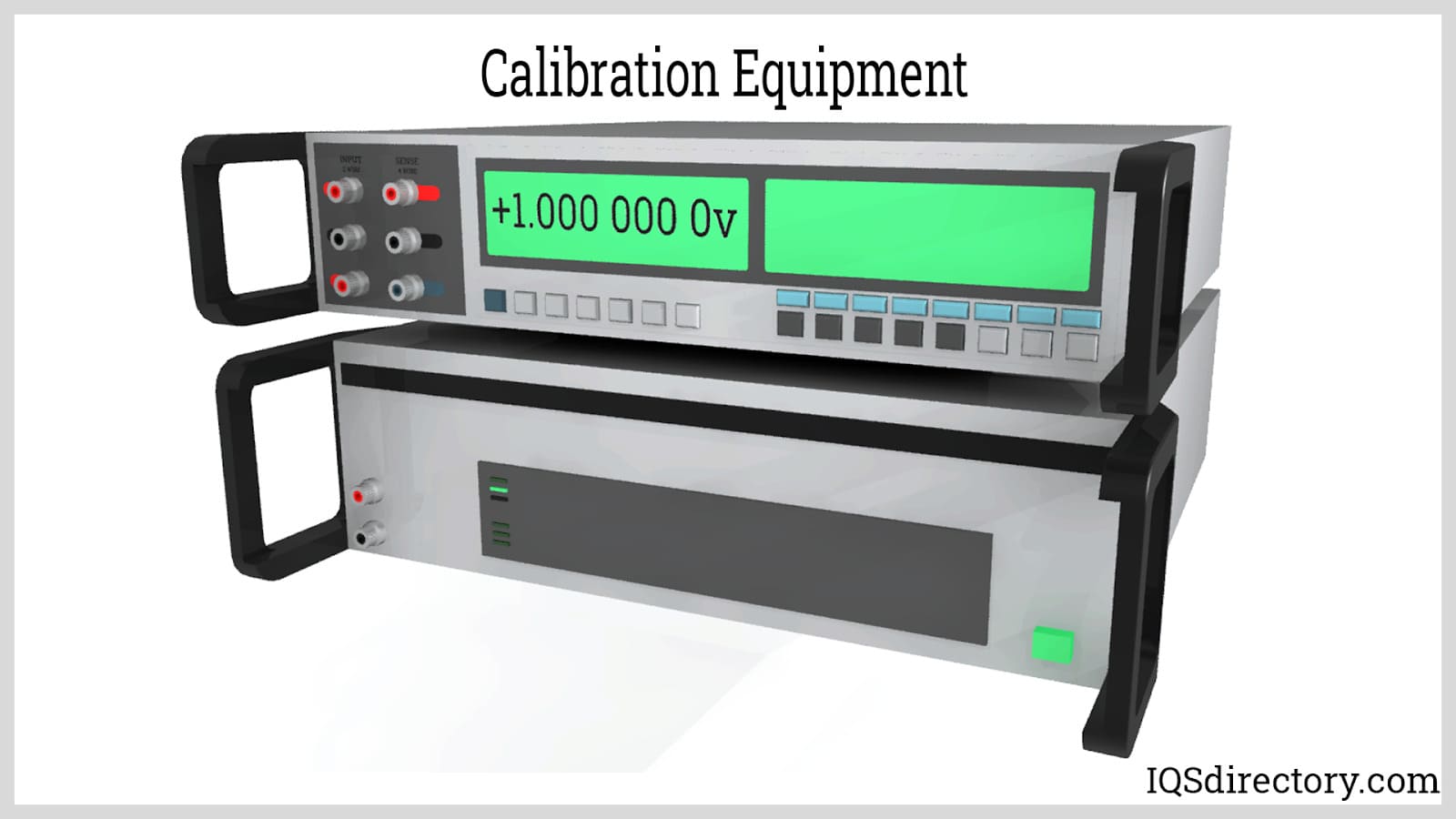
 Calibration Services
Calibration Services Clean Rooms
Clean Rooms Data Acquisition Systems
Data Acquisition Systems Dynamometers
Dynamometers Environmental Test Chamber
Environmental Test Chamber Leak Detectors
Leak Detectors Load Cells
Load Cells Machine Vision Systems
Machine Vision Systems Scales
Scales Thermocouples
Thermocouples Castings & Forgings
Castings & Forgings Bulk Material Handling
Bulk Material Handling Electrical & Electronic Components
Electrical & Electronic Components Flow Instrumentation
Flow Instrumentation Hardware
Hardware Material Handling Equipment
Material Handling Equipment Metal Cutting Services
Metal Cutting Services Metal Forming Services
Metal Forming Services Metal Suppliers
Metal Suppliers Motion Control Products
Motion Control Products Plant & Facility Equipment
Plant & Facility Equipment Plant & Facility Supplies
Plant & Facility Supplies Plastic Molding Processes
Plastic Molding Processes Pumps & Valves
Pumps & Valves Recycling Equipment
Recycling Equipment Rubber Products & Services
Rubber Products & Services